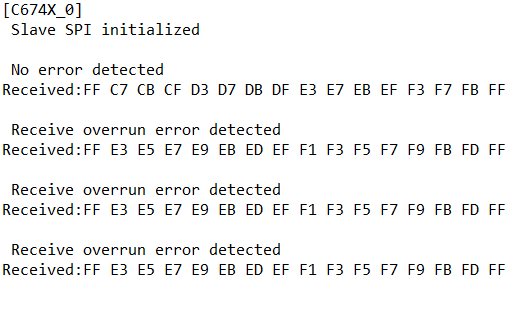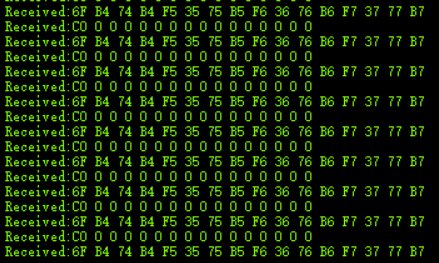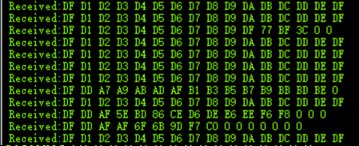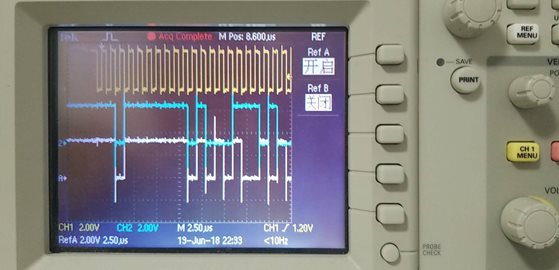Tool/software: TI-RTOS
Hi,
I am using the following platform Tm320C6748 running DSP BIOS 5, (Custom Board) and PSP drivers 01_30_01
I configured the SPI in slave mode, operation mode is interrupt mode.
seems that SPI tx interrupt continuously triggered even before I write anything to the transmit buffer.
Once SPI is ebabled tx interrupt is triggered.
any suggestions why the tx interrupt triggers ?
Alex Levit.







